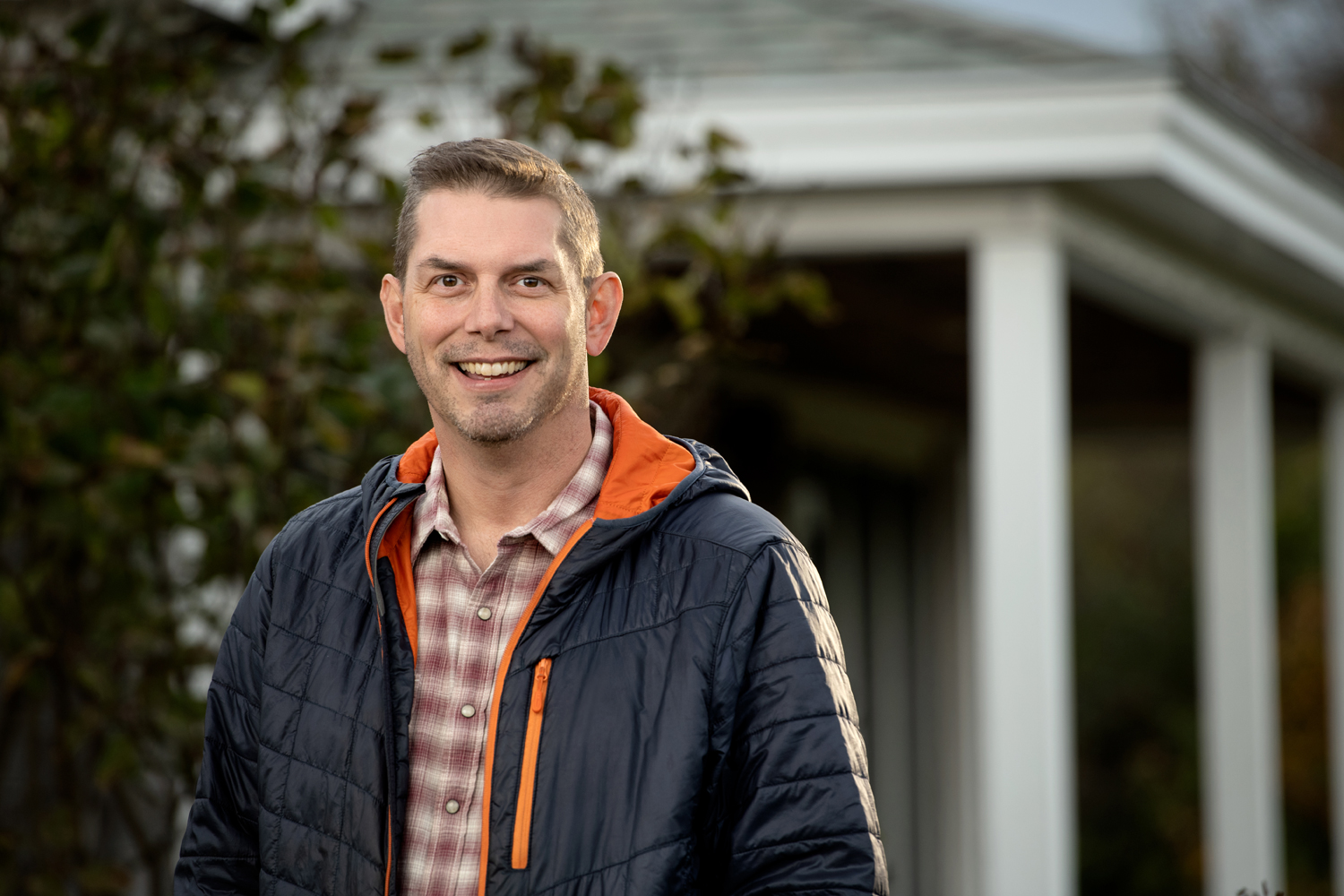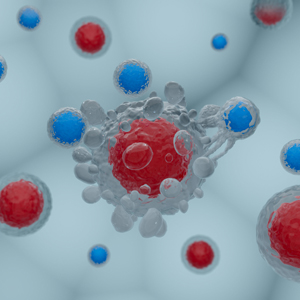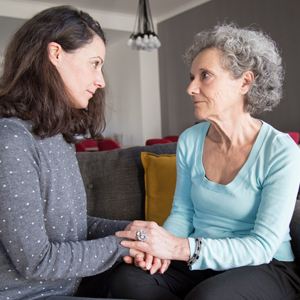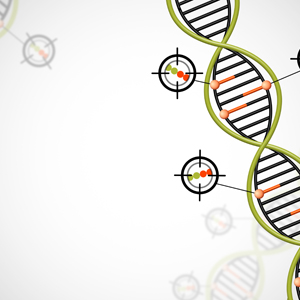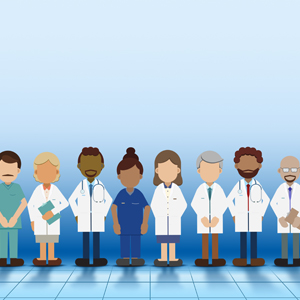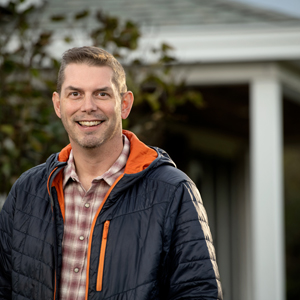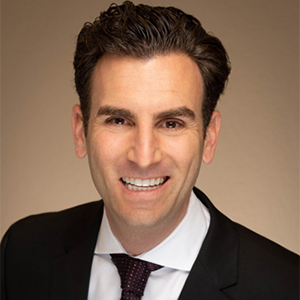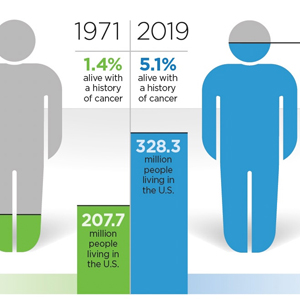Winter 2021/2022 Vol. 11 Issue 04
-
From the Editor-in-Chief
Astronomy Meets PathologyData analysis platforms that map the cosmos are being applied to map the tumor microenvironment, an approach that could revolutionize cancer pathology.
by William G. Nelson, MD, PhD
-
Your Cancer Guide
The Promise of New Year’s ResolutionsDon't let the uncertainties of the pandemic and cancer dampen the tradition of reaching for something better.
by Hester Hill Schnipper
-
Caregiving With Confidence
What Are the Goals of Care?It's never too early for caregivers to initiate discussions about treatment goals.
by K.J. Bannan
-
Policy Matters
Cancer Research: The Key to Tomorrow’s CuresThe AACR is engaging with Congress and the Biden administration on the importance of funding for cancer research.
by David A. Tuveson, MD, PhD
-
Balancing Early-Stage Prostate Cancer Decisions
Choices about screening and treatment for early-stage prostate cancer are complex and largely personal.
by Kendall K. Morgan
-
When Cancer Is in the Family
You've inherited a genetic variant linked to cancer risk. Now what?
by Stephen Ornes
-
Quality Questions
When you are diagnosed with cancer, how can you be sure you're getting appropriate care?
by K.J. Bannan
-
Survivor Profile
Strength in the PackWhile undergoing treatment for colon cancer, Trevor Maxwell started Man Up to Cancer, a support community for men.
by Jon Kelvey
-
Q&A
The Certainty of UncertaintyAfter a stage IV cancer diagnosis, Kate Bowler publishes a second memoir that explores the precarious nature of her own mortality.
by Marci A. Landsmann
-
Sound Advice
Your Questions, Our AnswersChanging jobs and insurance during treatment, speaking to kids about family cancer risk and pursuing professional caregiving.
-
Get Involved
Doing Yoga in RecoveryA volunteer program brings yoga to cancer patients in the hospital.
by Bradley Jones
-
Facts and Stats
Fifty Years of Growing SurvivorshipMore people in the U.S. are alive after being diagnosed with cancer than ever before.
by Eric Fitzsimmons
Multiple myeloma survivor Jonathan Gluck reflects on uncertainty, and the scientific progress that has kept him living with cancer for more than two decades.
by Eric Fitzsimmons
The Enduring Importance of Cancer Disparities ResearchOpening session from AACR conference highlights how perseverance and adversity have informed cancer disparities research over the years.
by Eric Fitzsimmons
Most Cancer Survivors Don’t Meet Healthy Diet GoalsDespite research linking fruits and vegetables to cancer survival, many people do not change their eating habits after diagnosis.
by Darlene Dobkowski
Many People Don’t Get Colonoscopy After Receiving Abnormal Blood TestsAbout half of people who receive abnormal results from colorectal cancer screening tests don’t follow up with a colonoscopy.
by Laura Gesualdi Gilmore

